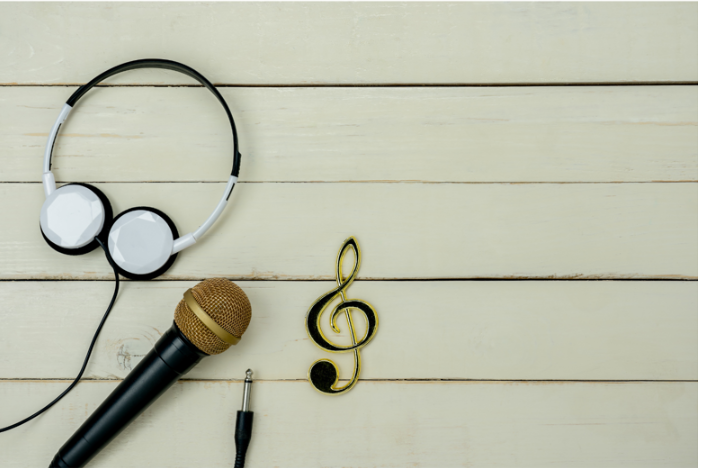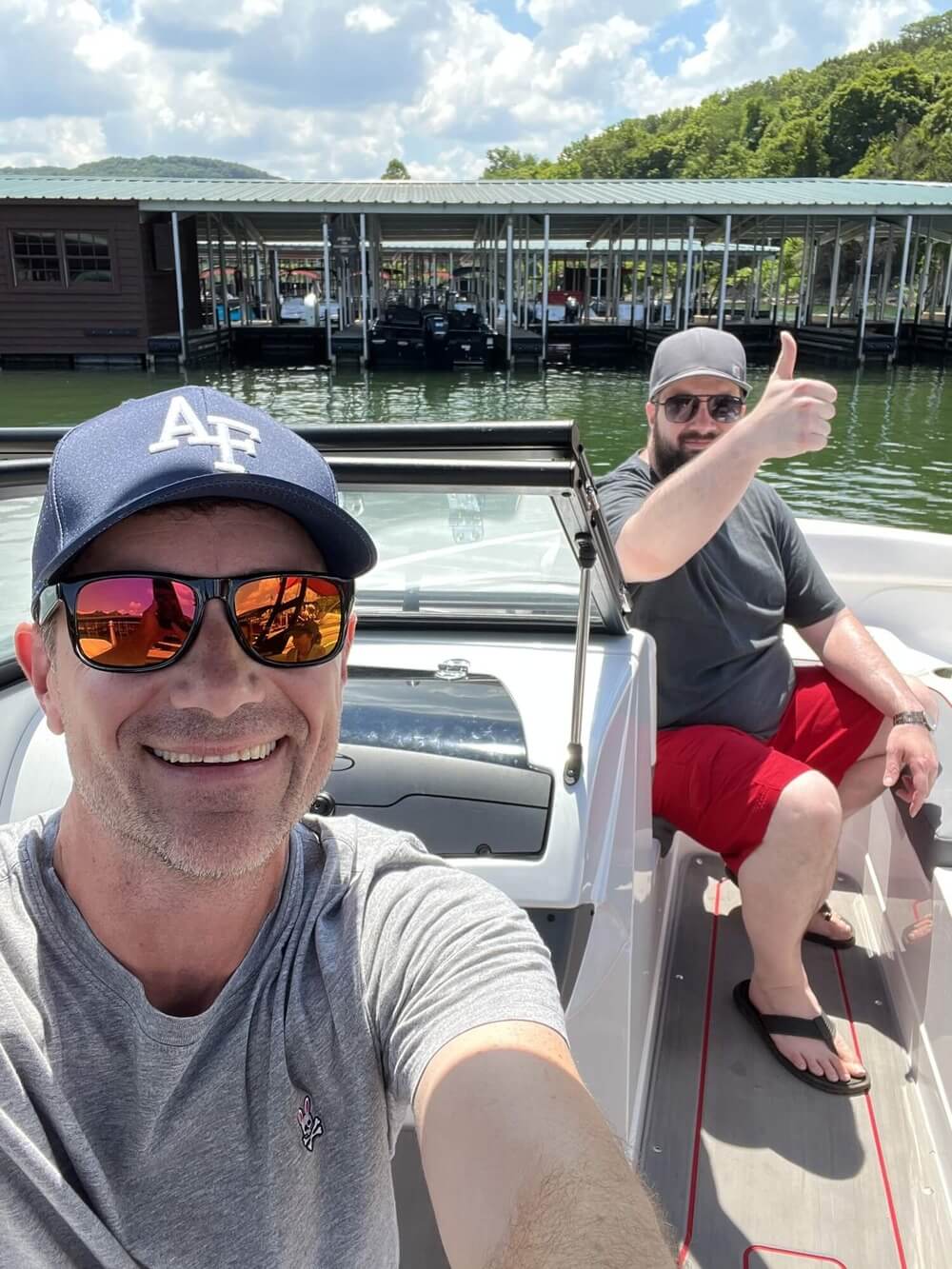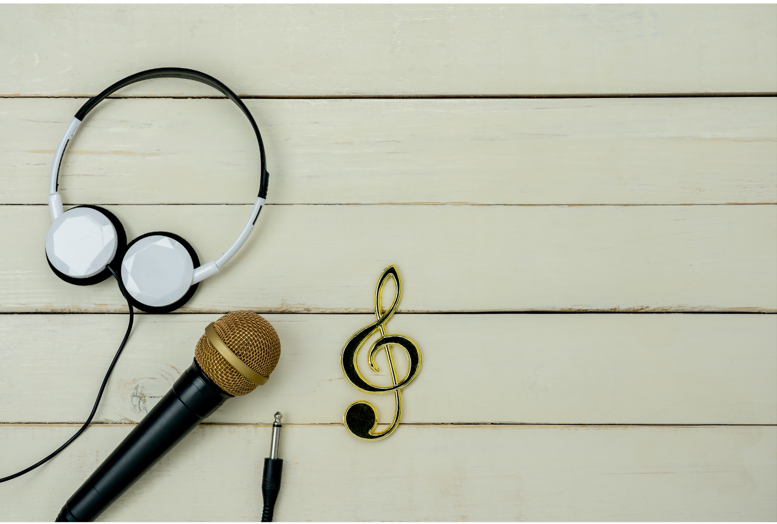
In today’s digital age, the music industry has undergone a seismic shift, offering artists unprecedented opportunities to monetize their craft. One of the most lucrative avenues for musicians is licensing their music to streaming platforms. Whether you’re an independent artist or part of a band, understanding how to navigate this landscape can open up a steady stream of income.
This article will delve into the essentials of music licensing, explore the benefits of streaming platforms, and provide practical tips to help you maximize your earnings. Get ready to turn your passion for music into a profitable venture!
TL;DR
- Unlock your music’s earning potential: Learn how to license your music to major streaming platforms.
- Master music licensing: Understand different licensing types (mechanical, performance, synchronization) and their implications.
- Build a strong online presence: Showcase your music and attract licensing opportunities.
- Negotiate favorable deals: Learn to maximize your royalties and protect your rights.
- Diversify your income streams: Explore additional avenues for monetizing your music.
- Use the right tools: Leverage platforms and services to streamline your licensing process.
- Avoid common pitfalls: Learn from others’ mistakes to avoid costly errors.
- Track your progress: Monitor your earnings and refine your strategies for optimization.
- Stay updated: Keep abreast of industry trends and changes in licensing regulations.
- Network effectively: Build relationships with key players in the music industry.
Understanding Music Licensing: The Key to Your Income Stream
Before diving into the strategies, let’s clarify the different types of music licenses. Understanding these is crucial for maximizing your earnings.
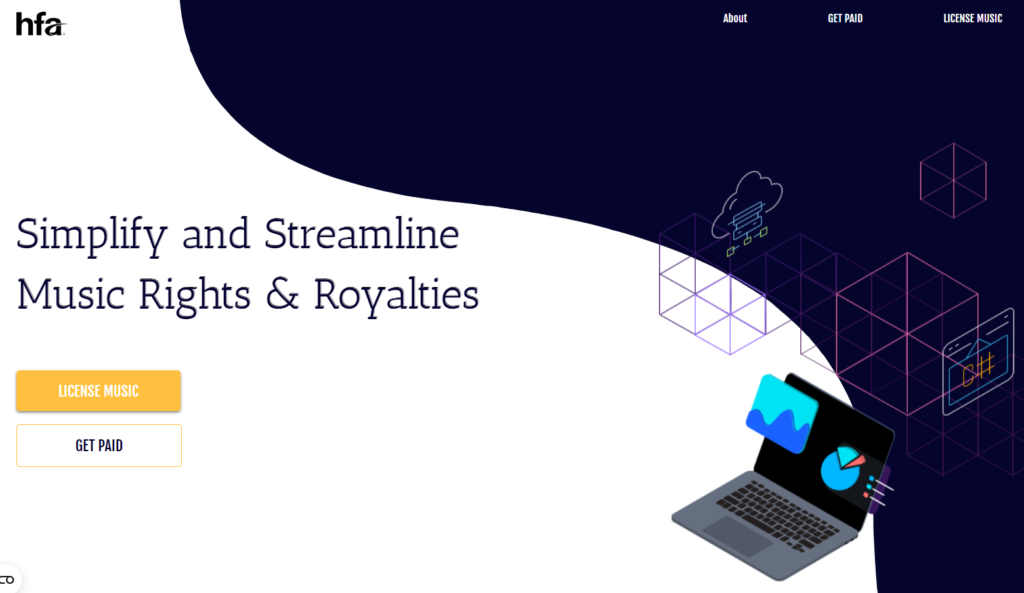
- Mechanical Licenses: These licenses grant the right to reproduce and distribute your musical composition (the underlying song). Streaming services need these to offer your tracks. You typically receive a royalty per stream or download. The rate is usually set by the Harry Fox Agency (HFA) in the US, or equivalent collective management organizations (CMOs) in other countries. For example, in the UK, PRS for Music handles mechanical licenses. Understanding the nuances of mechanical licensing is vital for ensuring you’re compensated fairly. Tools like the HFA’s online licensing system can simplify the process.
- Performance Licenses: These cover the public performance of your music. While streaming services don’t typically require separate performance licenses (that’s handled through PROs – Performing Rights Organizations like ASCAP, BMI, and SESAC in the US, or equivalent organizations globally), they’re essential if your music is used in live performances, radio, or television. PROs collect royalties for public performances of your music and distribute them to you based on their monitoring of broadcasts and public performances. For instance, if your song is played on a radio station, the PRO will track that usage and pay you a royalty.
- Synchronization Licenses (Sync Licenses): These are granted when your music is used in conjunction with visual media like films, TV shows, commercials, or video games. These can be significantly more lucrative than mechanical licenses, sometimes offering substantial upfront fees and ongoing royalties. Securing sync licenses often involves direct negotiation with production companies or advertising agencies. For example, if a film director wants to use your song in their movie, they’ll need to obtain a sync license from you. This often involves a detailed agreement specifying the usage terms and payment structure.
Choosing the Right Licensing Route
The best approach depends on your goals and the type of music you create. For example, if you’re targeting film scores, focusing on sync licenses is key. If you’re aiming for broad streaming reach, mechanical licenses are crucial. Many artists find success by pursuing a combination of these licensing types.
Consider your music’s style and potential applications when deciding which licensing routes to pursue. For instance, upbeat, positive music might be ideal for commercials, while more atmospheric pieces could be suitable for film or video games.
Building Your Online Presence: Showcasing Your Music
Your online presence is your shop window. A well-crafted online portfolio is essential for attracting potential licensees.
- Create a professional website: Showcase your music (using high-quality audio files in various formats), bio (highlighting your experience and style), high-quality photos (professional headshots and images related to your music), and clear contact information (making it easy for potential licensees to reach you). Make it easy for potential licensees to find you and learn about your work. Consider using website builders like Wix or Squarespace for ease of use.
- Use high-quality recordings and artwork: First impressions matter! Invest in professional mastering and artwork (album art, promotional images) to create a polished and professional image. This shows potential licensees that you take your work seriously.
- Engage with your audience: Build a community around your music through social media (Facebook, Instagram, TikTok, etc.) and email marketing. This demonstrates your dedication and helps attract potential collaborators and licensees. Regularly post updates, interact with comments, and run contests or giveaways to increase engagement.
- Utilize social media: Share your music regularly across various platforms, engage with comments and messages, and consider running targeted ads (using platforms like Facebook Ads or Instagram Ads) to reach specific audiences. Use relevant hashtags (research popular and niche hashtags related to your genre) and collaborate with other artists (cross-promotion can significantly expand your reach) to increase your visibility. Tools like Later or Hootsuite can help schedule your social media posts.
Leveraging Digital Distribution Platforms
Distributing your music through platforms like DistroKid, CD Baby, or TuneCore simplifies the process of getting your music onto streaming services (Spotify, Apple Music, Amazon Music, etc.).
These platforms handle the technical aspects of uploading, metadata tagging (ensuring your music is correctly identified on streaming services), and royalty collection, allowing you to focus on creating music. They also often provide valuable reporting and analytics (allowing you to track your streams, downloads, and earnings) to help you track your performance and earnings.
Choosing a reputable distributor is crucial for ensuring your music is properly licensed and your royalties are accurately paid. Each platform has its own pricing and features; research to find the best fit for your needs.
Negotiating Favorable Licensing Deals: Protecting Your Rights
Negotiating licensing deals can be tricky. Knowing your worth and protecting your rights is crucial.
- Research royalty rates: Understand the standard rates for your genre and experience level. This research will help you determine a fair price for your music. Online resources and industry publications can provide benchmarks.
- Clearly define the scope of the license: Specify the usage rights (territorial restrictions, time limits, etc.), the permitted uses (streaming, downloads, synchronization, etc.), and any restrictions (e.g., specific edits or alterations). A well-defined contract (using a template reviewed by a lawyer is recommended) protects both you and the licensee. Tools like legal document software can help create professional-looking contracts.
- Seek legal counsel if needed: A lawyer specializing in music law can provide valuable guidance, especially for complex deals or high-value licenses. This is a worthwhile investment to protect your interests. They can review contracts, advise on royalty rates, and ensure your rights are protected.
Maximizing Your Royalties
Negotiating higher royalty rates requires showcasing the value of your music. A strong track record (demonstrating previous successes), a dedicated fanbase (showing potential licensees that your music has an audience), and a well-crafted pitch (clearly articulating the value your music brings to their project) can all help you command better terms.
Your music is valuable! Consider offering different licensing tiers (e.g., basic license for smaller projects, premium license for larger projects) with varying usage rights and pricing to cater to different budgets.
“The only way to do great work is to love what you do. If you haven’t found it yet, keep looking. Don’t settle.” – Steve Jobs
This quote perfectly encapsulates the passion and dedication needed to succeed in the music industry. Your love for music will fuel your drive to learn and grow, and persistence is key to achieving your goals.
Diversifying Your Income Streams: Expanding Your Reach
Don’t put all your eggs in one basket. Explore other ways to monetize your music.
- Selling merchandise: T-shirts, posters, and other branded items (using platforms like Shopify or Etsy) can generate additional income and strengthen your connection with your fans. This creates another revenue stream beyond licensing.
- Offering music lessons or workshops: Share your expertise with aspiring musicians (using online platforms like Skillshare or Teachable). This can be a valuable source of income and help build your reputation. This diversifies your income and establishes you as an authority in your field.
- Collaborating with other artists: Expand your reach and tap into new audiences. Collaborations (creating joint projects or remixes) can expose your music to a wider range of listeners. This can lead to new licensing opportunities and fanbase growth.
- Licensing your music for use in video games: This can be a lucrative avenue for composers, especially if your music fits the game’s style and tone. Research game development companies and studios (using online resources and networking) to find potential opportunities. This niche market can offer high-value licensing deals.
Actionable Steps: A Step-by-Step Guide for Licensing Your Music
This section breaks down practical, step-by-step strategies for licensing your music, catering to different experience levels.
For Beginners:
- Create a strong foundation: Focus on creating high-quality music. Don’t worry about perfection; aim for solid recordings and mixes. Start with a few well-crafted tracks before expanding your catalog. Free or low-cost DAWs (Digital Audio Workstations) like GarageBand or Cakewalk are good starting points.
- Learn the basics of music licensing: Understand the differences between mechanical, performance, and synchronization licenses. Numerous free online resources and articles explain these concepts clearly.
- Choose a digital distribution platform: DistroKid, CD Baby, and TuneCore are popular choices for beginners. These platforms simplify the process of getting your music onto major streaming services.
- Build a basic online presence: Create a simple website or social media profile to showcase your music. Focus on presenting your music professionally and providing clear contact information.
- Start small: Begin by targeting smaller licensing opportunities, such as independent filmmakers or YouTubers. This provides valuable experience and builds your portfolio.
For Intermediate Musicians:
- Refine your craft: Invest in professional mixing and mastering to enhance your music’s quality. This makes your music more appealing to potential licensees.
- Expand your online presence: Develop a professional website with high-quality photos and a detailed bio. Actively engage with your audience on social media.
- Network strategically: Attend industry events and connect with potential licensees and other music professionals. This expands your reach and opens doors to new opportunities.
- Explore different licensing avenues: Target a wider range of licensing opportunities, including commercials, video games, and film. Develop music specifically suited to these different markets.
- Track your progress: Monitor your earnings and identify areas for improvement. This allows you to refine your strategies and maximize your income.
For Experienced Musicians:
- Develop a niche: Specialize in a particular genre or style of music to attract a dedicated audience and potential licensees seeking that specific sound. This helps you stand out from the competition.
- Build a strong brand: Create a unique brand identity that reflects your music and resonates with your target audience. This helps you command higher licensing fees.
- Negotiate effectively: Develop strong negotiation skills to secure favorable licensing deals. Understand your worth and don’t undervalue your music.
- Diversify your income streams: Explore additional revenue streams such as merchandise sales, music lessons, or collaborations. This reduces reliance on any single source of income.
- Stay updated: Keep abreast of industry trends and changes in licensing regulations. This ensures you remain competitive and adapt to the evolving music landscape.
Actionable Advice Across All Levels:
- High-Quality Music is Paramount: No matter your experience level, the quality of your music is crucial. Invest in good equipment, learn music production techniques, and strive for professional-sounding recordings.
- Legal Counsel is Invaluable: Consult a lawyer specializing in music law to review contracts and ensure your rights are protected. This is especially important for larger licensing deals.
- Persistence is Key: Securing licensing deals takes time and effort. Don’t get discouraged by initial setbacks. Keep creating music, networking, and pitching your work.
- Continuous Learning: The music industry is constantly evolving. Stay updated on industry trends, new technologies, and best practices through online courses, workshops, and networking events.
Remember to adapt these steps to your specific circumstances and goals. The key is to consistently create high-quality music, build a strong online presence, and actively pursue licensing opportunities.
Common Mistakes to Avoid in Music Licensing
Navigating the world of music licensing can be challenging. Many artists make avoidable mistakes that hinder their success. Here are some common pitfalls and how to avoid them:
Underestimating the Value of Your Music: Many artists undervalue their work, especially when starting. They accept low royalty rates or unfavorable licensing terms out of fear of not getting any deal at all.
Solution: Research industry standards for royalty rates in your genre. Understand the value your music brings to a project (e.g., enhancing a film’s emotional impact, setting the tone for a video game). Don’t be afraid to negotiate; a fair price reflects your work’s value.
Ignoring Legal Aspects: Failing to protect your copyright or neglecting contract details can lead to significant financial losses and legal battles.
Solution: Register your music with a copyright office (like the U.S. Copyright Office or equivalent in your country). Always have contracts reviewed by a lawyer specializing in music law before signing. Understand the legal implications of different licensing types.
Failing to Promote Your Music Effectively: Many artists create great music but fail to promote it properly, limiting their reach and potential licensing opportunities.
Solution: Build a strong online presence through a professional website and active social media engagement. Use targeted advertising to reach potential licensees. Network with industry professionals and actively pitch your music to relevant companies and individuals.
Not Diversifying Income Streams: Relying solely on licensing income can be risky. If one licensing deal falls through, your income can be significantly impacted.
Solution: Explore other revenue streams, such as merchandise sales, music lessons, live performances, or collaborations. This creates a more stable financial foundation.
Lack of Professionalism: Poor communication, unprofessional website design, or low-quality recordings can damage your credibility and reduce your chances of securing licensing deals.
Solution: Invest in professional-quality recordings, artwork, and website design. Communicate clearly and professionally with potential licensees. Respond promptly to inquiries and maintain a positive and collaborative attitude.
Poor Contract Negotiation: Not understanding the terms of a licensing agreement can lead to missed royalties or disputes.
Solution: Carefully review all contracts before signing. Understand the scope of the license, payment terms, usage rights, and any restrictions. Don’t hesitate to ask questions or seek legal advice if needed.
Not Tracking Your Earnings and Usage: Failing to monitor your royalties and how your music is being used can lead to missed payments or unauthorized usage.
Solution: Keep detailed records of your licensing agreements, royalty payments, and usage of your music. Regularly check your statements from your distribution platform and PROs. Report any unauthorized usage immediately.
Ignoring Industry Trends: The music industry is constantly changing. Failing to stay updated on current trends and technologies can put you at a disadvantage.
Solution: Follow industry news, attend conferences and workshops, and network with other music professionals. Continuously learn and adapt to the evolving landscape.
Lack of Patience and Persistence: Securing licensing deals takes time and effort. Many artists give up too easily after facing initial setbacks.
Solution: Stay persistent and patient. Keep creating high-quality music, networking, and pitching your work. Success requires dedication and perseverance.
Underestimating the Importance of Metadata: Inaccurate or incomplete metadata (information about your music, such as title, artist, genre, etc.) can prevent your music from being properly identified and licensed.
Solution: Ensure your music’s metadata is accurate, complete, and consistent across all platforms. Use standardized metadata formats and keywords to improve discoverability.
By avoiding these common mistakes, you can significantly increase your chances of success in licensing your music and building a sustainable career in the music industry. Remember, preparation, professionalism, and persistence are key.
Frequently Asked Questions
How do I get started with music licensing?
Start by creating high-quality music and researching different licensing options. Choose a digital distribution platform and begin building your online presence.
What’s the best way to find licensees?
Networking is key. Attend industry events, connect with potential licensees online, and actively pitch your music. Direct outreach can be very effective.
How much can I earn from music licensing?
Earnings vary greatly depending on factors like the type of license, the usage of your music, and your negotiation skills.
What are the common royalty rates for music licensing?
Royalty rates vary depending on the type of license and the platform. Research industry standards for your genre and experience level. Negotiation is key to securing favorable rates.
How do I protect my copyright?
Register your music with a copyright office to establish ownership and protect your rights. This is a crucial step to prevent unauthorized use.
What are some good tools for managing my music licensing?
For royalty tracking: Your distributor’s dashboard (DistroKid, CD Baby, TuneCore) and PRO portals (ASCAP, BMI, SESAC). For license management: Spreadsheets, project management (Asana, Trello), or CRM software. For finding opportunities: Soundrop, Music Gateway. Consider legal tech for contract review. Use a combination as needed.
How long does it take to get paid for music licensing?
Payment schedules vary depending on the platform and the licensing agreement. Understand the payment terms before signing any contracts.
What if a licensee uses my music without permission?
Consult a lawyer specializing in music law to pursue legal action. This is important to protect your rights and your income.
How can I improve my chances of getting my music licensed?
Create high-quality music, build a strong online presence, and actively network with potential licensees. A professional approach increases your chances of success.
What are some resources for learning more about music licensing?
Several online courses, books, and podcasts offer valuable information on music licensing. Continuous learning is essential for staying ahead in this dynamic industry.
Turn Your Passion into Profit
So, there you have it – a comprehensive guide to navigating the world of music licensing and turning your musical passion into a profitable venture. Remember, success in this field requires dedication, a strategic approach, and a relentless pursuit of excellence.
By mastering the fundamentals of music licensing, building a strong online presence, and effectively negotiating deals, you can unlock the significant earning potential that awaits you. Don’t be afraid to experiment, adapt your strategies based on your results, and most importantly, never stop creating the music you love.
The journey may not always be easy, but the rewards are well worth the effort. The digital age has democratized the music industry, providing independent artists with unprecedented opportunities. Seize this moment, embrace the power of music licensing, and watch your passion transform into a sustainable income stream. To help you get started on this journey, check out this helpful video on making your first dollar online: Make Your First Dollar Online. This video offers practical tips applicable to various online income streams, including those related to music licensing.
For More Free Videos, Subscribe to the Rhodes Brothers YouTube Channel.
We hope this article has provided you with valuable insights and actionable steps to help you succeed in licensing your music. To stay updated on the latest trends, tips, and strategies in the music industry, be sure to check out and subscribe to the Rhodes Brothers YouTube Channel for more helpful videos and information.
Resource List
Books
- The Musician’s Guide to Licensing Music: How to Get Your Music into Film, TV, Advertising, Digital Media & Beyond by Darren Wilsey
- The Insider’s Guide to Music Licensing by Brian Tarquin
- Tracks That Sync: Shift The Odds Of Music Licensing In Your Favor by Graham Barton
Tools
- DistroKid: For music distribution and royalty collection.
- CD Baby: Another popular music distribution platform.
- TuneCore: A well-established music distribution service.
- Soundrop: A platform for connecting musicians with brands and licensing opportunities.
- Music Gateway: A comprehensive platform for music licensing, collaboration, and promotion.
Music Licensing Cheat Sheet
- Understand mechanical, performance, and synchronization licenses.
- Build a professional website and online presence.
- Utilize digital distribution platforms (DistroKid, CD Baby, TuneCore).
- Negotiate favorable licensing deals; protect your rights.
- Diversify income streams (merchandise, lessons, collaborations).
- Track your earnings and refine your strategies.
- Network with potential licensees (industry events, online).
- Register your music for copyright protection.
- Research royalty rates and industry standards.
- Seek legal counsel when needed.
- Continuously learn and adapt to industry changes.
- Create high-quality music; invest in professional recording and mixing.
- Engage with your audience; build a community.
- Use social media effectively for promotion.
- Explore different licensing tiers and pricing strategies.
- Consider using music licensing management tools.
- Understand payment schedules and royalty distribution methods.
- Protect yourself from unauthorized use of your music.
- Don’t undervalue your work; know your worth.
- Be persistent and patient; success takes time and effort.
- Stay updated on industry trends and regulations.
- Collaborate with other musicians and professionals.
- Use data and analytics to inform your decisions.
- Always maintain clear and professional communication.
- Consider seeking mentorship or guidance from experienced professionals.
- Attend workshops and conferences to expand your knowledge and network.
